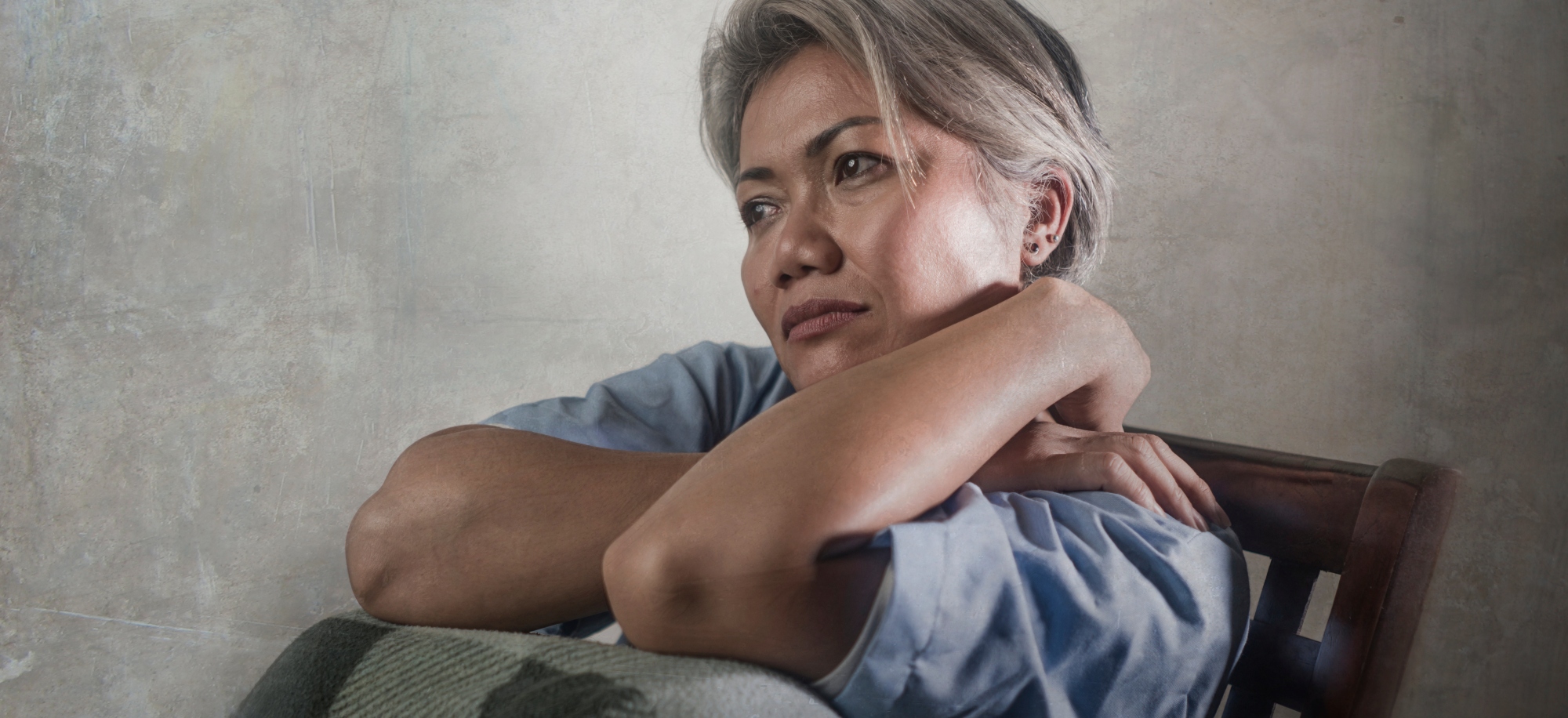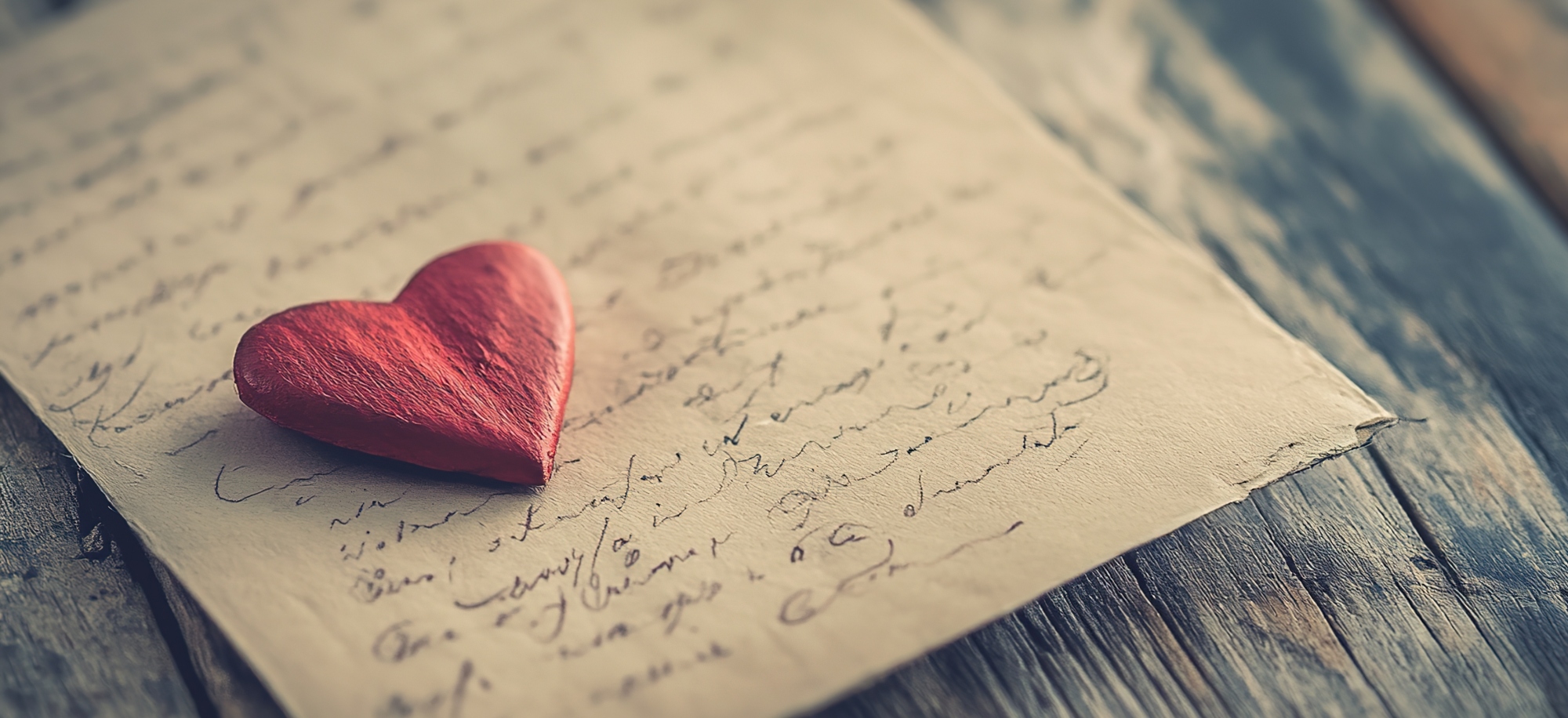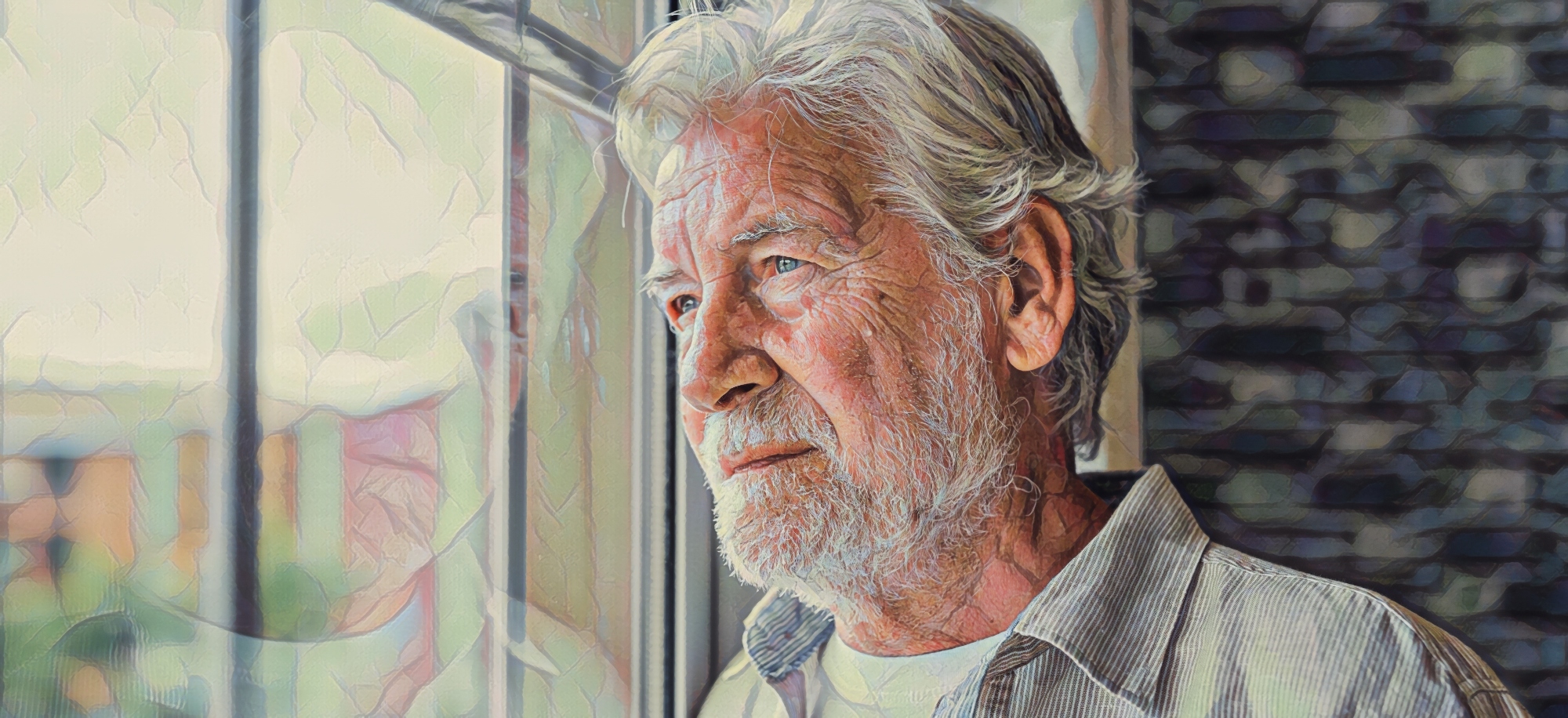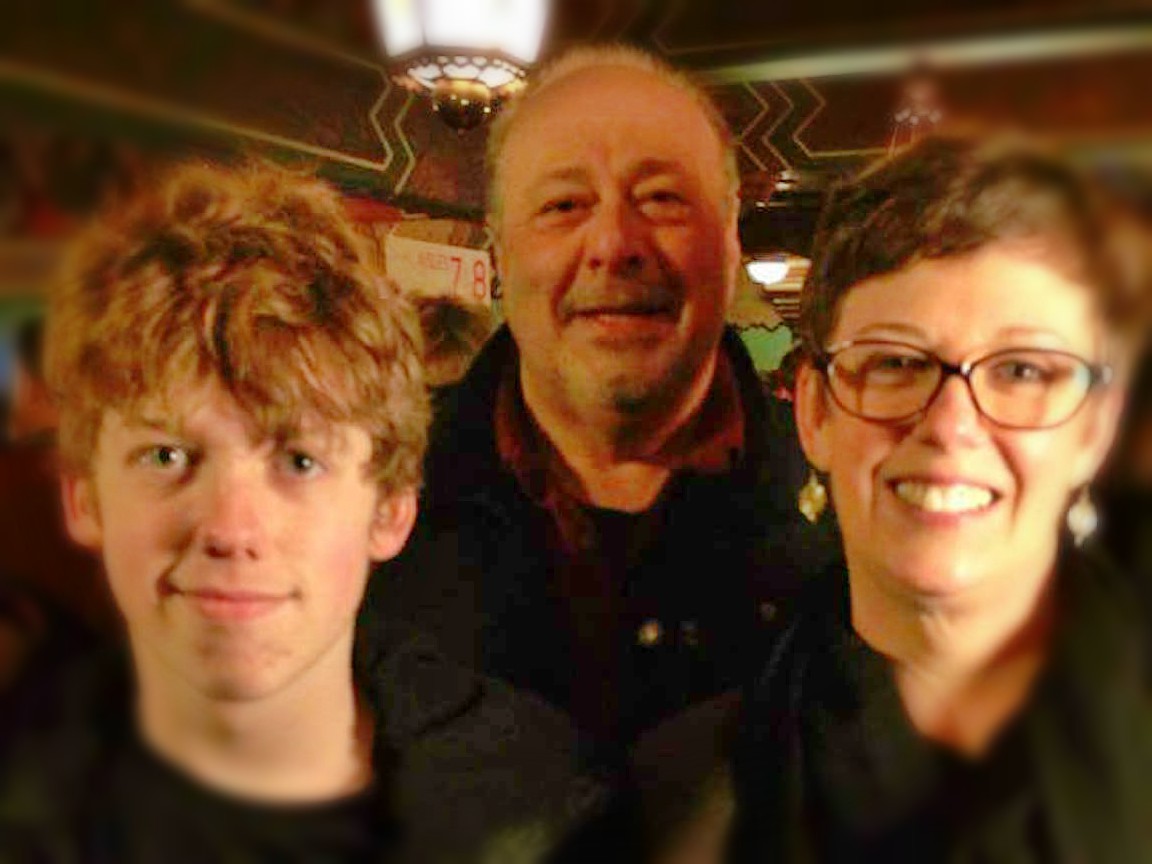“My beautiful and talented 17-year-old son, Diego, died three months ago. Now I am the mom of the kid that died. My other son is the kid whose brother died, and my husband is the dad… you get it. I don’t really know who I am anymore. I know my life is forever changed. I second guess every decision. I hear people telling me that although I am changed, it doesn’t define me. So, what does define me now? Sadness, overwhelming grief, tears, inaction. The worst thing that could ever happen – did. It makes everything else seem trivial.” ~ Diego’s Mom
Dear Diego’s Mom:
Your question is very wise, very perceptive, for the loss of a loved one by suicide can for a time take away the fundamental things that orient us to who we are, our sense of safety, our confidence that the world makes sense, our knowledge of the nature – and solidity – of our relationships and of our roles within each relationship. So, as awful as it is to feel the way you are feeling, you indeed are asking a very important question that is worthy of an answer.
It is very common for survivors of suicide loss to divide their lives into two parts: that is, what happened before their loved one died and what happened afterward, and to characterize those two parts of life as two separate existences. One of the grief experts I admire most, Thomas Attig, calls the process of grieving “relearning our world,” which has been a helpful framework for me.
The world is a different place without my father in it, by which I mean that the internal landscape that included his presence within it—along with every association to him that makes up my very personal view of who I am and what I am doing here—is utterly changed. The world is not just different in the way a person’s hair color is different after she dyes it or in the way a person’s lifestyle is different after she gets a new job (or loses one), but different in the way that a person’s home is different after a tornado breaks it apart and scatters its contents hither and yon (destroying some of them along the way, not to mention wrecking the house).
One begins by picking up the pieces, assessing what is still standing (the foundation, the chimney …) and whether or not any of what remains is still usable. Will any of it provide the basis for rebuilding anew? There are no automatic or formulaic answers, and our search for answers, to extend the metaphor a bit, comes while the “tornado sirens” and the “howling wind” are still haunting us.
Maybe that’s a way to begin? Identify the pieces that you can pick up, even if that’s only in some small way. Look around and see if there are foundational elements still in place anywhere, even if they’ve been knocked off center.
Pema Chodron, the Buddhist nun, says “start where you are,” which I think is good advice, but I think the challenge sometimes is that we haven’t a clue where we are. We pinch ourselves to see if this is real. We keep getting input from the world that doesn’t make sense and which, in fact, is hurtful. We are in pain a lot of the time. So perhaps start with as simple of an inventory as possible.
Ask yourself: Where am I right now? What is around me that orients me to my present reality and makes sense to me? Who do I talk to who actually has a clue what I’m talking about? What do I need to help me get through today, just today? What is behind or underneath my sadness, overwhelming grief, tears, inaction (i.e., what am I thinking about when I feel those feelings, what do the feelings mean, what are they saying to me)?
It was many years after my father died before I ever even heard of the idea that my world had been shattered and that it was OK for me to act as if I had to start completely over and get all of the help I needed – just as someone who has been through a tornado has to do that, so I guess my goal in saying all I’ve said here is not really to give advice (for truly, these are only possibilities, ideas that may or may not be helpful to you right now) but rather to say, your question is not only valid but extremely important and to encourage you to work on answering it in whatever way suits you, using whatever help and methods work for you. I believe your question is the right one to ask because simply working on answering it (even if the answers are terribly elusive for a while) has the potential to lead to healing.
Franklin C.




